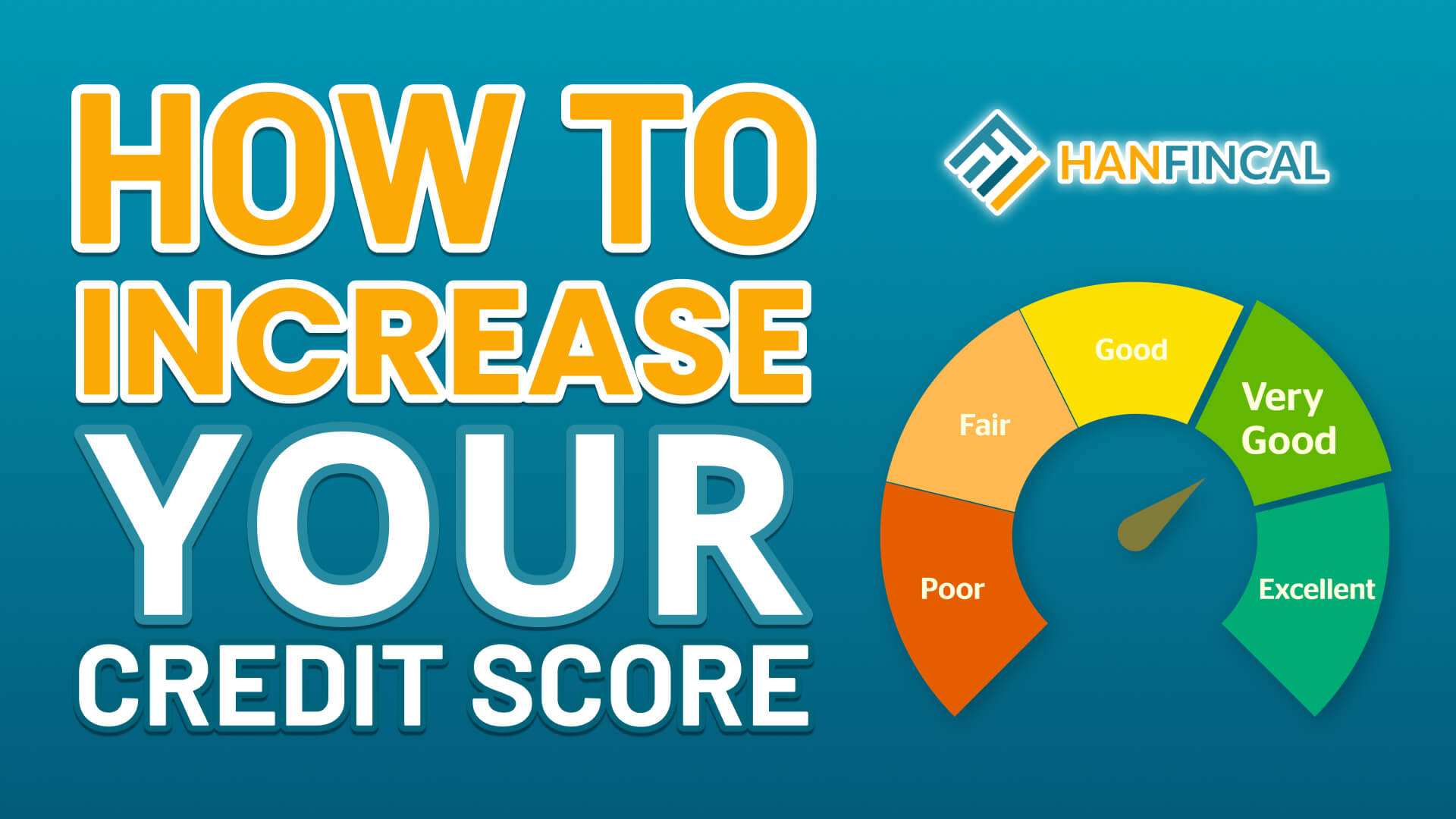Credit card interest is calculated following the terms of your cardmember agreement. Today, Hanfincal will assist you with everything about how does credit card interest work, thereby reducing the amount of interest you must pay. Now let’s get started.
1. What is credit card interest?
Credit card interest is the fee that credit card companies charge you for borrowing money. It is, in other words, the cost of borrowing money from a lender. Interest rate is expressed as an annual percentage, abbreviated as APR.
Most credit cards charge interest only if you do not pay your bill in full each month. In that case, the credit card company will charge you interest on your unpaid balance, which will be added to your balance.
2. What’s the difference between interest and APR?
Interest rates are the cost of borrowing money expressed as a percentage rate you will pay each year. It does not include any fees or other charges you may be required to pay for the loan.
Basically, an annual percentage rate (APR) is the total annual cost to a borrower, including interest and fees, also shown as a percentage. Unlike an interest rate, APR includes additional charges or fees such as mortgage insurance, discount points, closing costs, and loan origination fees. In addition, APR on credit cards can be either fixed or variable.

What’s the difference between interest and APR?
3. How does credit card interest work?
How to calculate credit card interest? You should follow 3 steps:
- Step 1: Look at your monthly credit card statement for your current APR and balance.
- Step 2: To calculate your daily interest rate, divide your credit card APR by 365.
- Step 3: Multiply your total balance by your daily interest rate.
For example, suppose you have a 16.99% APR on your card and owe $4,000. When this APR is divided by 365, you get a daily interest rate of 0.046%. When you multiply your $4,000 credit card balance by 0.00046, you get $1.84.
Finally, multiplying this figure by the number of days in your billing cycle, which is most likely 30 days, you get a monthly interest charge of $55.20.
4. Types of credit card interest
- Cash advance APR: The interest rate charged on the amount borrowed on your credit card. This is usually higher and does not have a grace period.
- Purchase APR: The interest rate charged on purchases made with the card.
- Transfer balance APR: This rate applies to balance transfers from other credit cards and loans.
- Introductory APR: Some credit cards offer consumers 0% interest in purchases or transfers for 21 months.
- Penalty APR: The interest charged when making late payments or violating other terms and conditions of the card. This is the most common APR, and it may be imposed if your payment is more than 60 days late.

Types of credit card interest
5. When is credit card interest charged?
Credit card issuers charge interest on any balances that are not paid in full by each month’s due date. Interest is compounded daily once a balance ranges from a month to month.
While interest is calculated daily on your credit card balance, it is added to your bill at the end of each billing cycle.
Paying your balance entirely each month allows you to avoid paying interest by giving you a grace period to send payment. You will, however, be charged interest if you make a cash advance or other transactions that do not have a grace period or if your credit card has no grace period at all.
6. How can you avoid or reduce credit card interest charges?
Here are 2 tips you can do if you want to avoid card interest charges or reduce the amount of interest you’ll pay in a billing cycle:
- Pay down your credit card balance in full. Credit card issuers usually allow you at least 21 days between the purchase date and the payment due date. If you pay off your balance in full and have no outstanding cash advances, you will not be charged interest on future purchases made during this period.
- Pay more than the minimum. If you are unable to pay off your entire balance, try paying off as much as you can to prevent late penalties and lower the overall sum liable to interest. Typically, the minimum payment is up to 3% of the outstanding total. Anything you pay above the minimum will cut your interest costs even further.

How to avoid credit card interest?
How does credit card interest work? Credit card companies calculate interest at the end of each statement period by averaging the amount borrowed each day and applying the rates specified in your contract. If you understand this point, you will be able to save a significant amount of money on interest. Hanfincal has more helpful information about credit cards and other topics. Pass by if you want to explore.
==> Read More:




